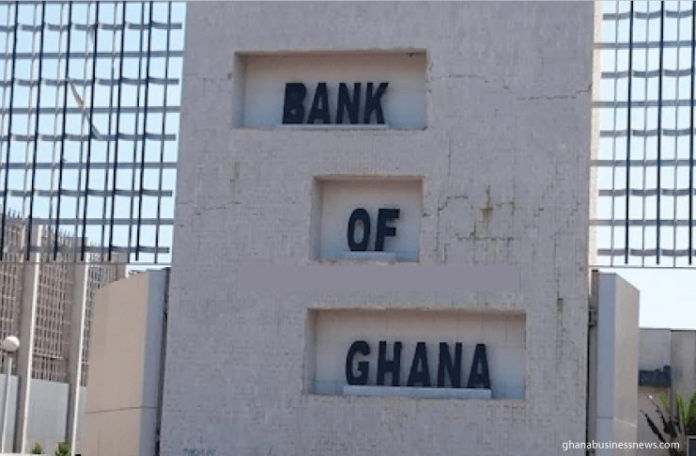The central bank is projecting that the lingering effects of the pandemic are likely to have a mixed impact on three of the major commodities – gold, oil and cocoa – that determines the direction of the country’s trade balance.
According to the Bank of Ghana’s data, the first two months of the year saw a decline in the volumes and prices of the major commodities, adversely affecting the country’s trade position.
Ghana’s total exports contracted by 9.2 percent year-on-year to US$2.5bn in the first two months of 2021, driven mainly by year-on-year declines of 25.8 percent and 5.6 percent in crude oil and gold exports respectively, due to lower volumes, and a 12.2 percent decline in cocoa bean exports, due to lower volumes and prices.
In its projection for 2021, the Bank said, “Oil prices are expected to benefit from the gradual easing of coronavirus restrictions globally. This together with OPEC+ decision to stick to output cuts is projected to keep the global oil market in deficit throughout the year and keep prices bullish.â€
“Gold prices in the near term will be shaped by the expected U.S. stimulus and ongoing vaccine progress which is likely to shift appetite for riskier assets as well as the response to the performance of U.S. treasury yields.â€
It added: “The outlook for cocoa in the coming months is bearish, buoyed by excess supply from top grower Cote d’Ivoire and Ghana as estimated by the ICCO. This, coupled with sluggish demand on the heels of the pandemic, is expected to keep prices low in the near term.â€
The central bank’s data also shows that total imports in the first two months went up by 9.6 percent to US$2.2bn, underpinned by a 12.9 percent year-on-year increase in non-oil imports due to a pick-up in economic activities.
Accordingly, the trade balance recorded a lower surplus of US$339.7m, equivalent to 0.5 percent of GDP, in the first two months of 2021 compared with US$791m, equivalent to 1.2 percent of GDP, in the same period of 2020.
Last year, the current account ended in a deficit of US$2.1bn, however, the capital and financial account recorded US$2.9bn leading to a positive overall balance of payments.
At the end of February 2021, the gross international reserves remained strong at US$8.72bn, providing cover for 4.2 months of imports of goods and services, compared with the end-December 2020 position of US$8.62bn, equivalent to 4.1 months of import cover.
Business24





